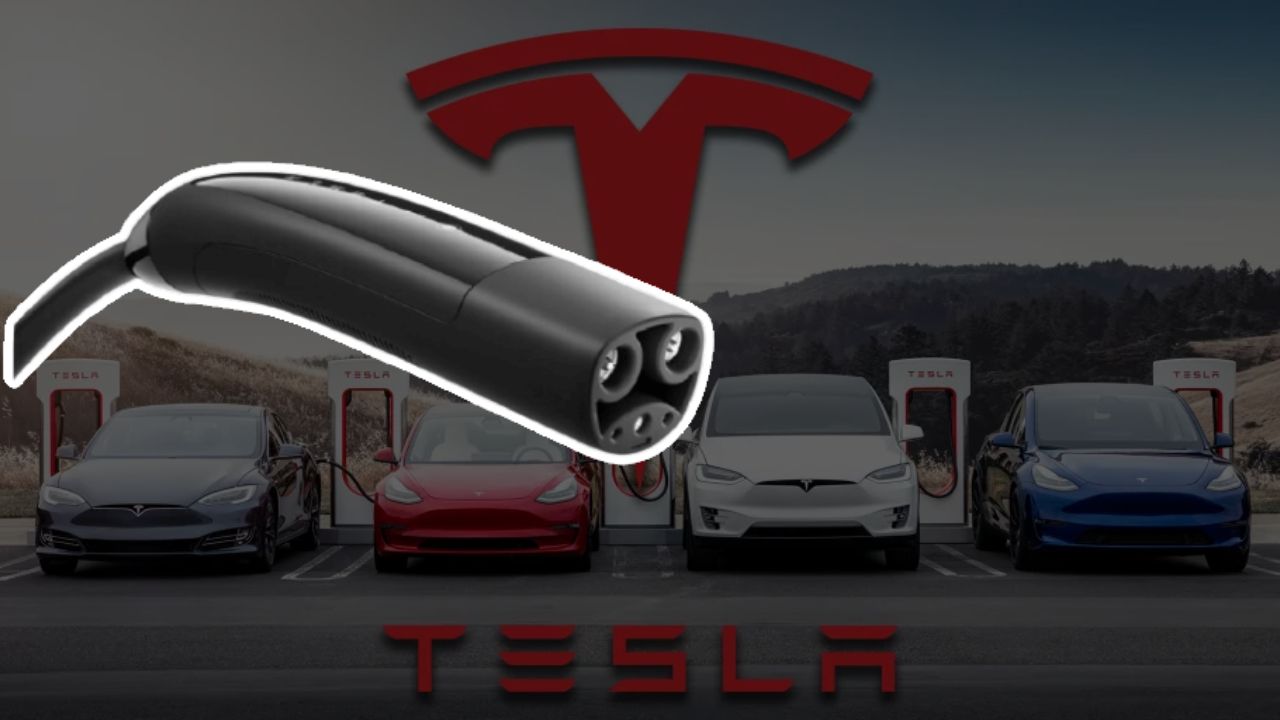Elon Musk, the CEO of Tesla, believes that his company is ahead of the competition when it comes to self-driving technology. Tesla’s advanced driver assistance system, called Full Self Driving (FSD), is a crucial part of their business. While FSD is not fully autonomous and still requires a driver’s supervision, Musk claims that it is more advanced than the technologies offered by other companies like Cruise and Waymo.
Recently, Musk criticized Waymo, which is owned by Google, for its limited capabilities. He pointed out that Waymo’s self-driving cars can only operate in specific areas like San Francisco and Phoenix, where the streets have been meticulously mapped out. Once outside of these areas, Waymo vehicles struggle to handle unexpected situations and obstacles.
Musk even challenged Google to test their cars in locations outside of San Francisco. This challenge came after a YouTuber posted a video comparing a Waymo car and a Tesla with FSD enabled, driving the same route in San Francisco. The Tesla completed the trip using only cameras and computer vision, without relying on additional hardware like LiDAR or HD maps. However, the Tesla took longer to complete the trip compared to the Waymo car.
In addition to criticizing Waymo, Musk also made fun of Cruise, an autonomous vehicle subsidiary of General Motors. He claimed that Cruise’s technology is not adaptable to local conditions and fails to anticipate complex tasks. Musk believes that companies should aim to develop a comprehensive self-driving solution that works anywhere, not just in specific locations.
During an interview, Musk stated that Tesla cars could achieve full autonomy as early as this year or no later than next year. He compared this achievement to the progress made by artificial intelligence with conversational chatbots like ChatGPT. Musk envisions a future where millions of cars will be able to drive themselves without human intervention.
It’s important to note that Tesla’s FSD is currently under investigation by U.S. regulators due to its involvement in several incidents. The company warns that FSD still requires active driver supervision and does not make the vehicle fully autonomous. Achieving full autonomy will depend on surpassing the reliability of human drivers through extensive testing and obtaining regulatory approval.

